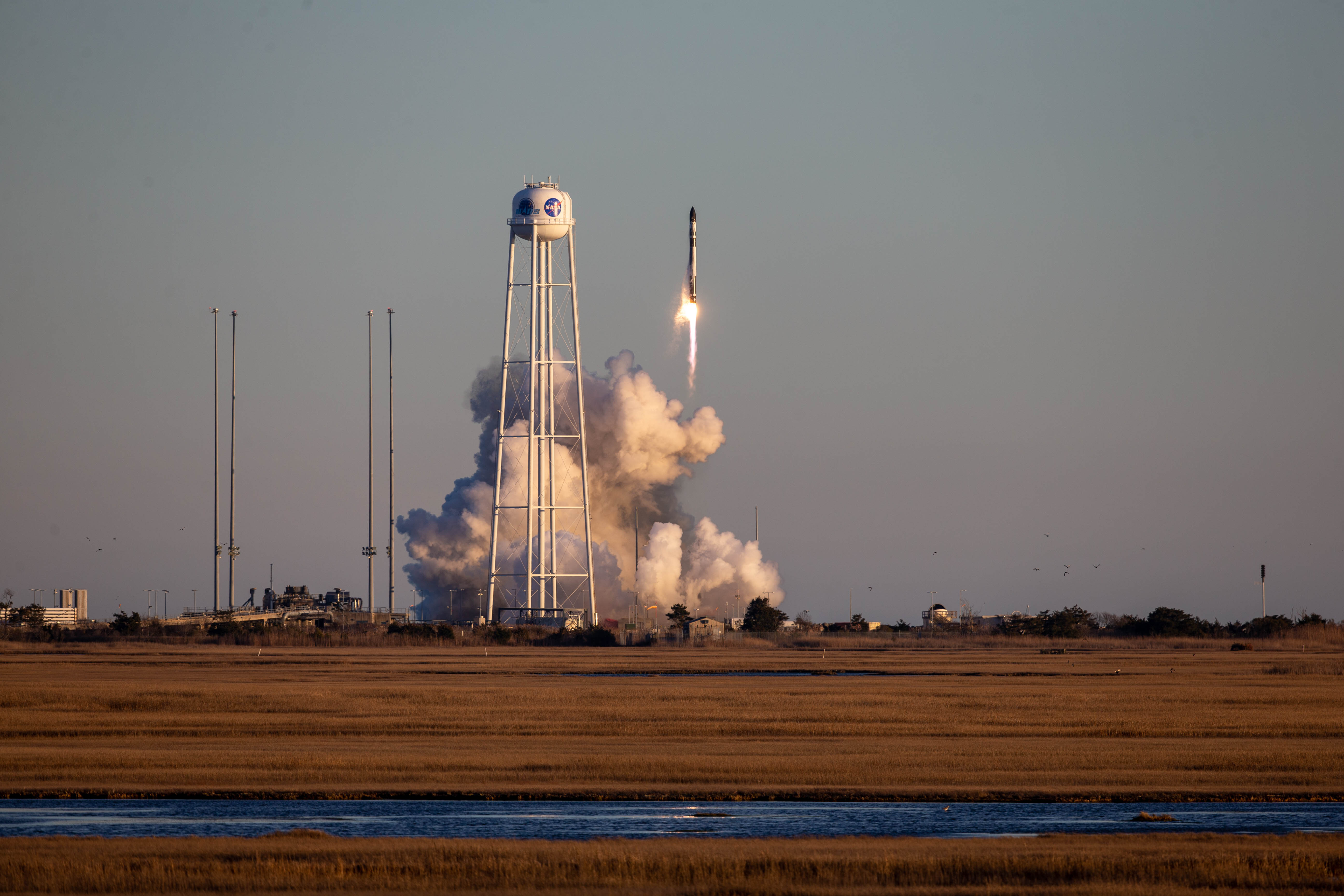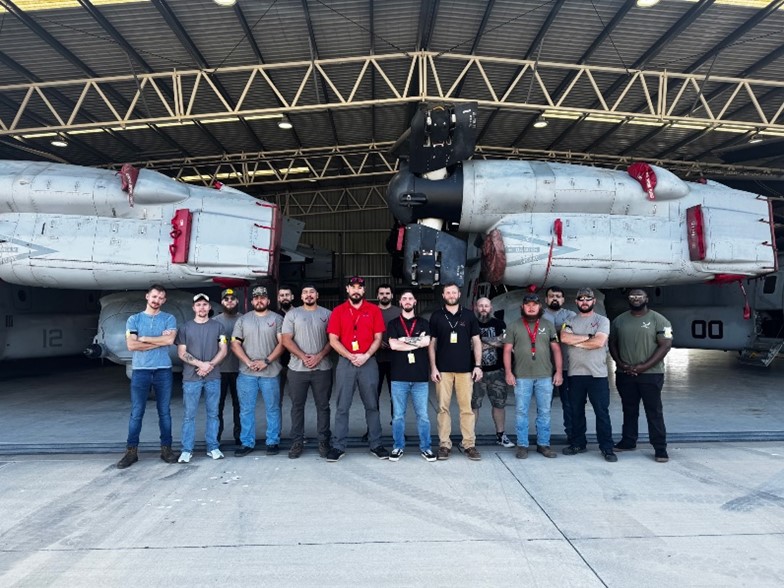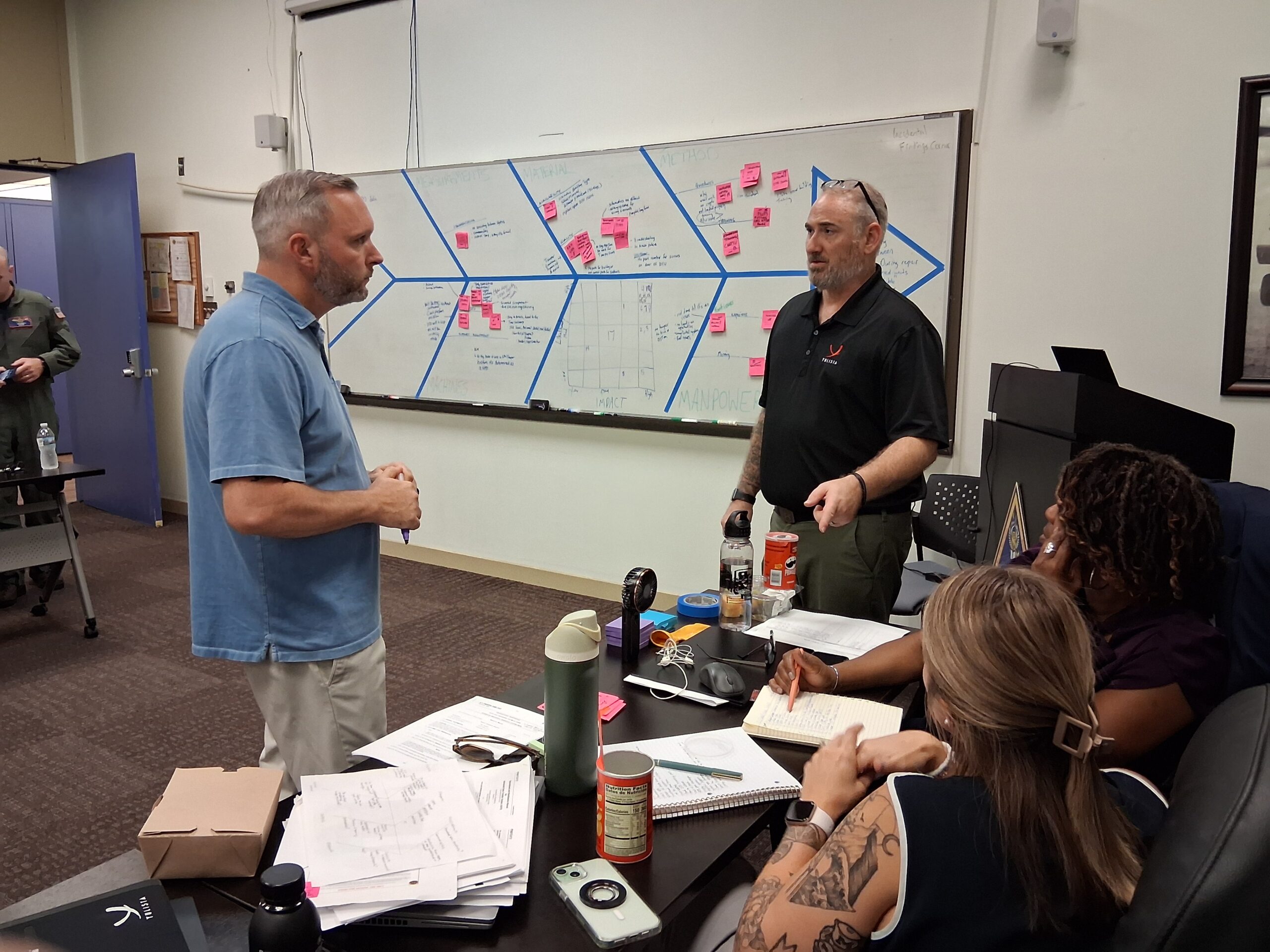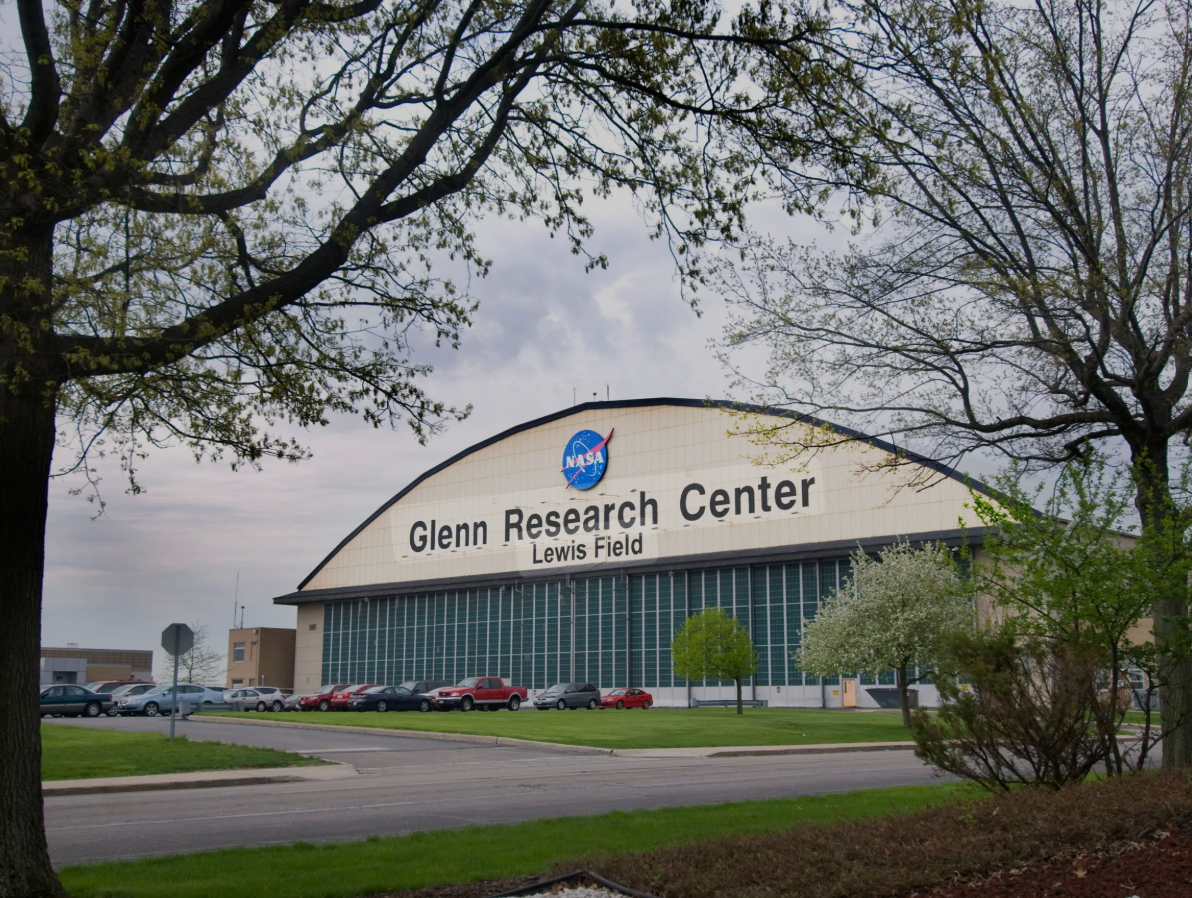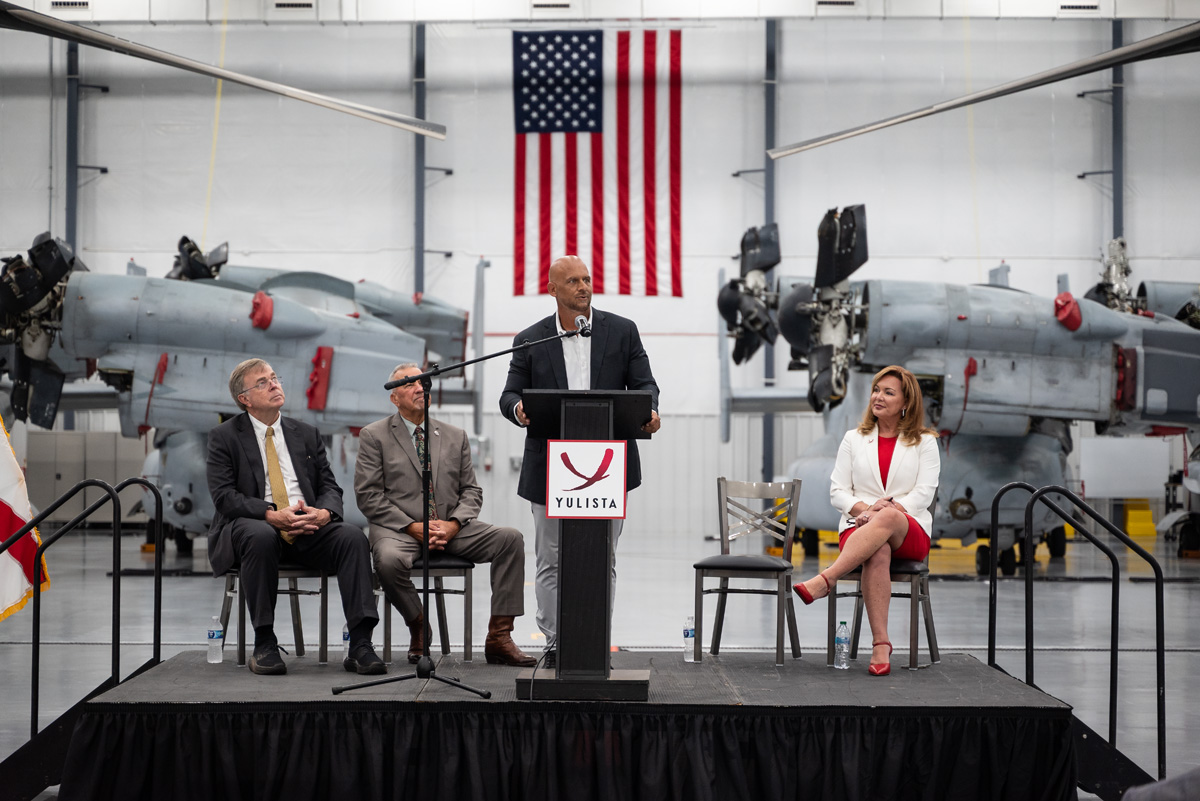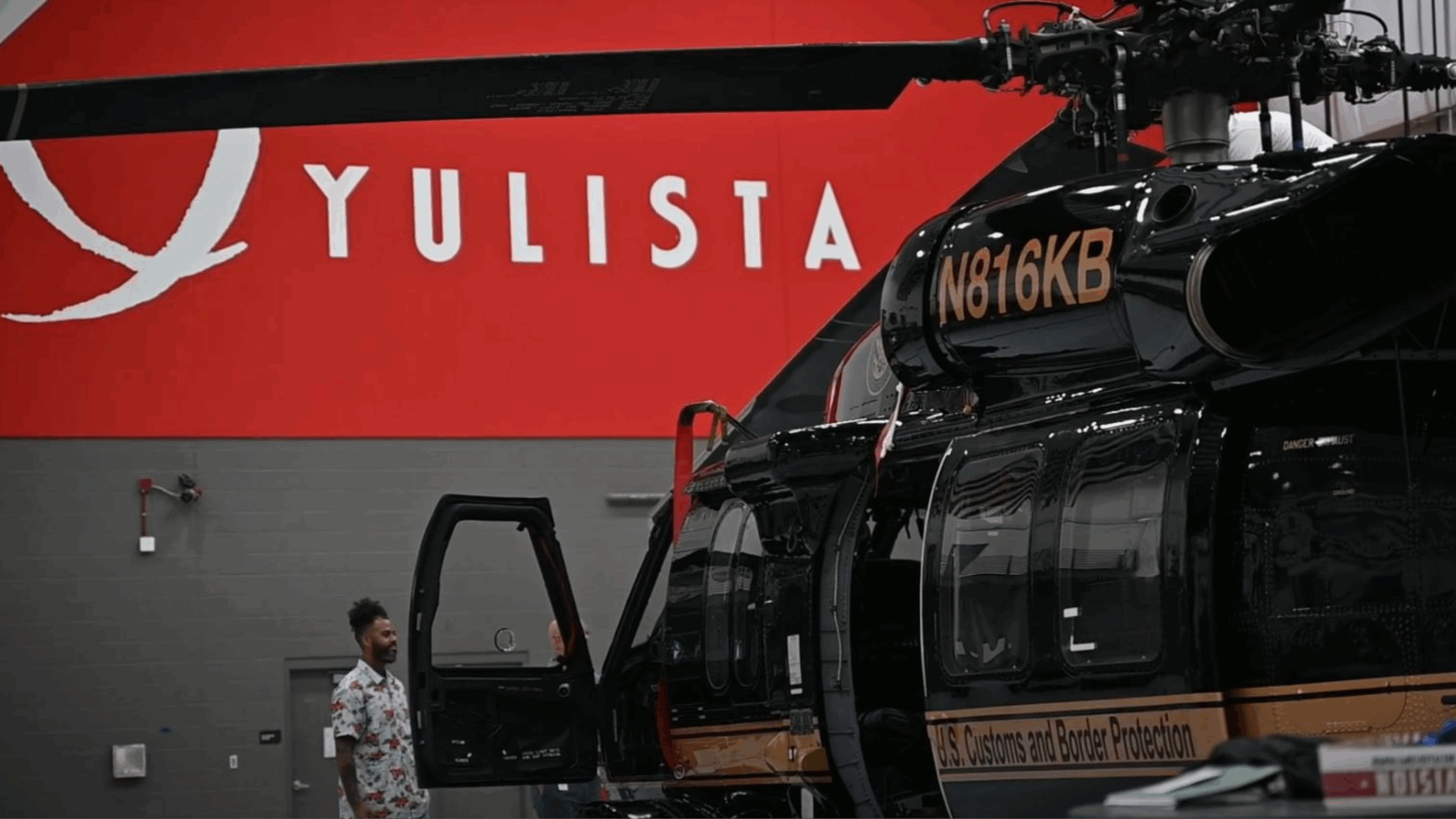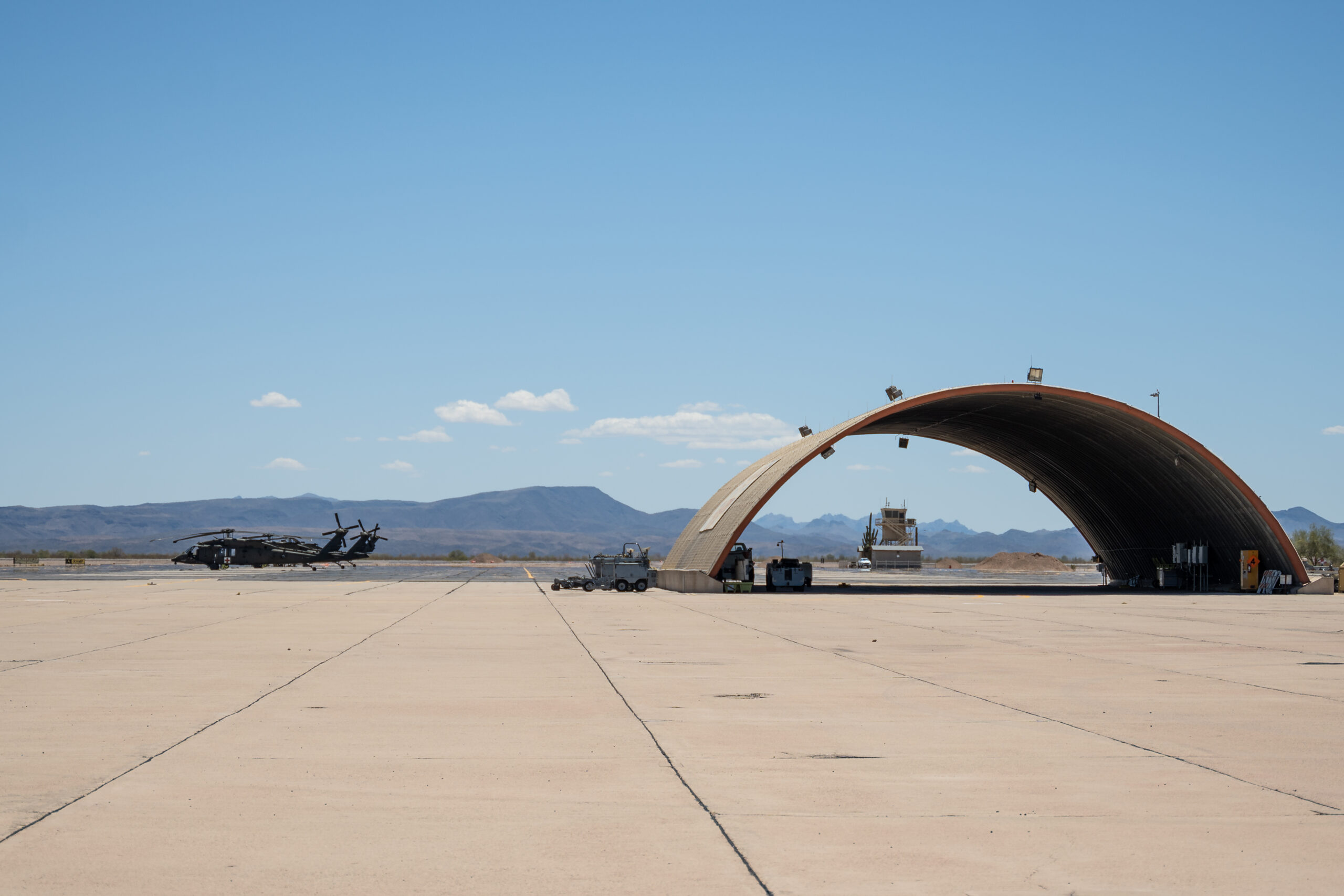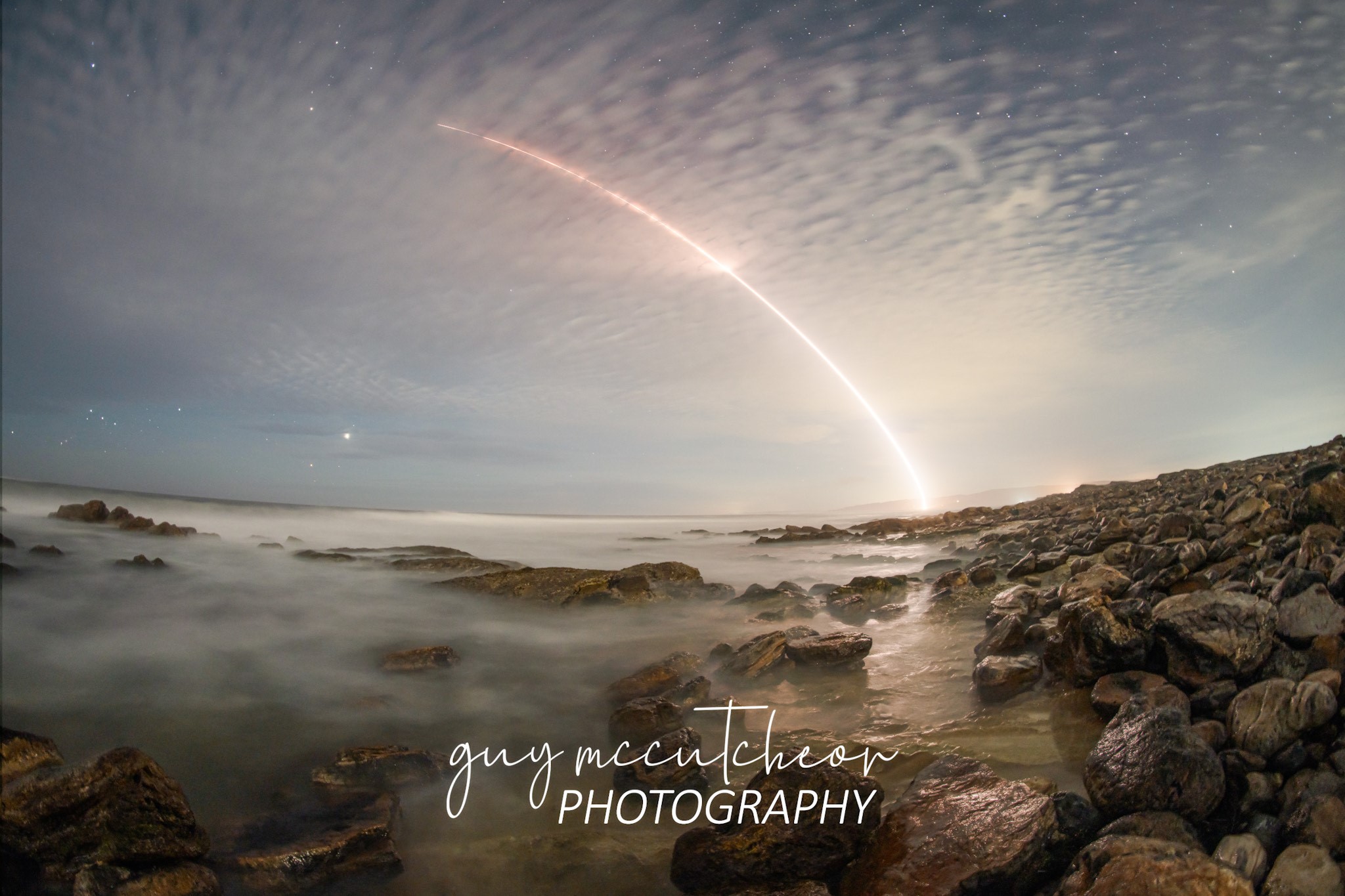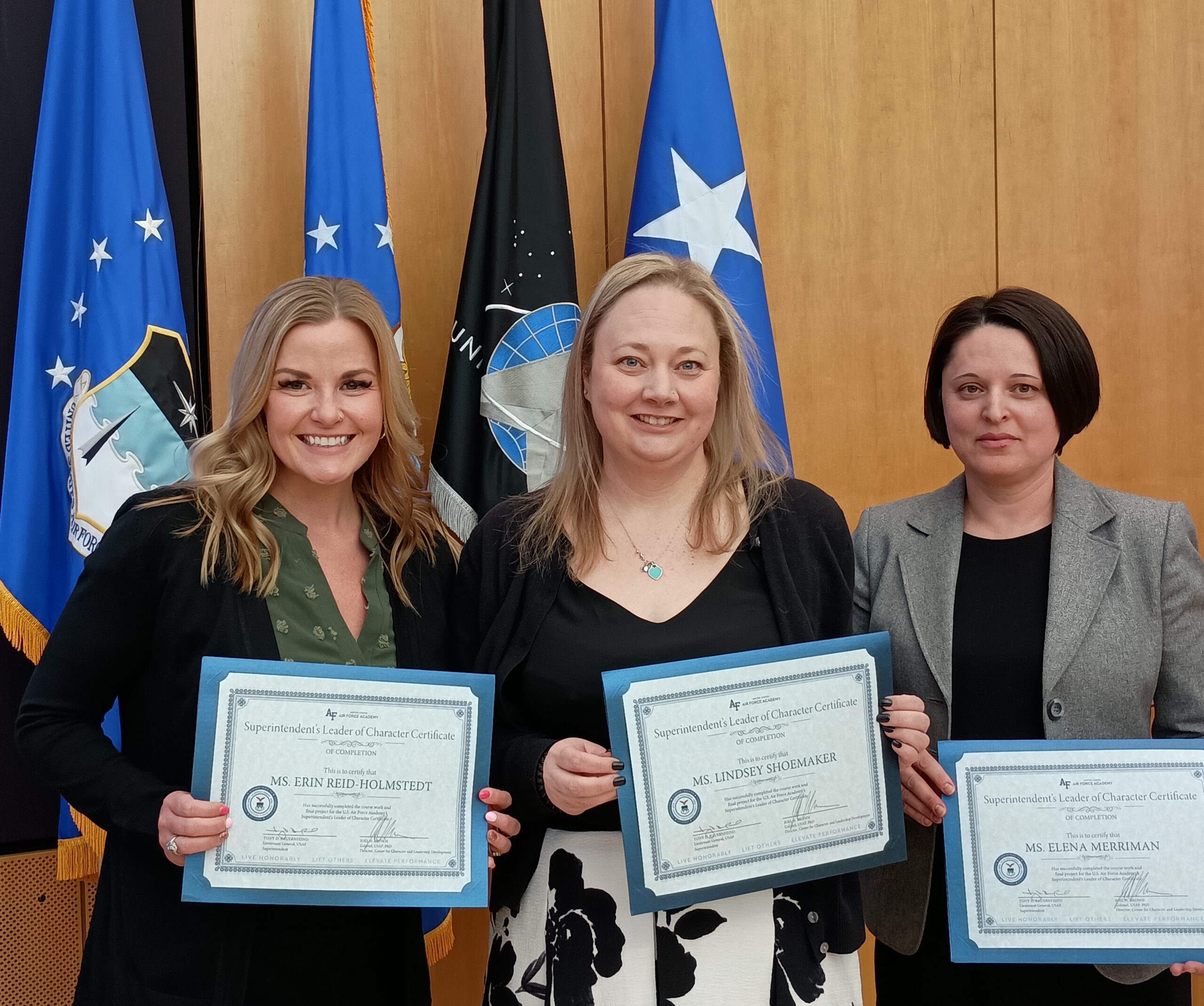On March 29, 2023, during flight operations at NASA’s Goddard Flight Research Center (GFRC) at Wallops Flight Facility, Virginia, a US Navy E-2 Hawkeye aircraft faced a catastrophic Class A mishap over water. The incident triggered a rapid and coordinated response, showcasing the exceptional efforts of Yulista’s Airfield Operations Specialists (AOS) and other personnel. Their actions not only contributed to the successful recovery but also played a crucial role in saving the lives of two US Navy E-2 Hawkeye aviators.
The Immediate Response
As the E-2 Hawkeye aircraft went down, Yulista’s AOS, Tristan Binder and Blake Tomlinson, sprang into action, providing crucial support to US Navy and Coast Guard helicopters, as well as the Maryland State Patrol helicopter engaged in Search and Rescue (SAR) missions. Their quick and efficient fueling operations ensured that the emergency response aircraft remained operational during the critical phase of the mission.
AOS Involvement in Aircraft Recovery
Following the initiation of aircraft recovery, Yulista’s AOS, Tristan and Blake, played a pivotal role in transporting the main aircraft and its components, such as wings and tail sections, to the designated accident investigation hangar. The use of large trucks facilitated the movement of these critical elements, showcasing the team’s commitment to a seamless recovery process.
Key Individuals’ Contributions
Nick Clark, Yulista’s Assistant Airfield Manager, took charge of critical tasks such as setting up Temporary Flight Restriction (TFR) FAA advisories, coordinating SAR efforts with the tower, providing relief to controllers, and collaborating with the Aviation Safety Officer (ASO), Mr. Alan Barringer, on all follow-on safety-related matters. Their combined efforts ensured a well-organized response to the mishap.
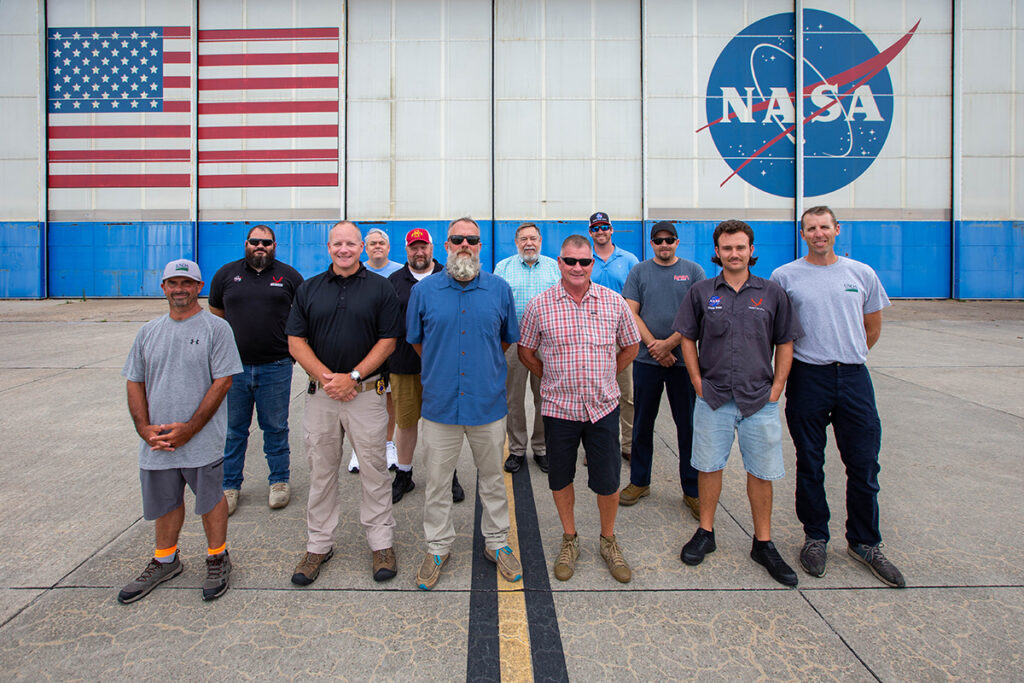
Back row L-R., Nick Clark (Yulista Airfield Mgr), Jimmy Nichols (Yulista Tower), Chris Capps (Yulista Tower), Frank Bellinger (Assistant WFF Director), Matt Row (3rd party contractor), Blake Tomlinson (Yulista Contractor).
Formal Recognition by NASA
The efforts of Yulista’s team did not go unnoticed. NASA awarded them the Group Achievement Award for “Exceptional achievement saving the lives of two US Navy E-2 Hawkeye Aviators following the crash of their aircraft into Chincoteague Bay.” The recognition underlines the critical role Yulista played in the successful recovery and rescue mission.
Coordination with External Entities
Additional Yulista personnel (Troy Shackleford, Chris Capps, and Jimmy Nichols) worked tirelessly to coordinate with NASA GFRC management, emergency vehicles, emergency dispatch, and the home squadron, Airborne Early Warning Squadron ONE TWO ZERO (VAW-120). Their efforts ensured a smooth collaboration until the emergency was secured.
Improvements for Future Responses
In response to the incident, Yulista implemented a Maritime Radio system to enhance search capabilities in water, including coordination with boats in the vicinity. This proactive measure showcases Yulista’s commitment to continuous improvement and preparedness for future emergencies.
Yulista’s rapid and effective response to the Class A mishap at NASA’s GFRC exemplifies the importance of well-coordinated teamwork in emergency situations. The dedication of AOS, managers, and support personnel played a crucial role in ensuring the safety of the aviators and the success of the recovery mission. Their actions not only met the immediate needs of the situation but have also set a benchmark for future responses in similar scenarios.
Read More About The Emergency Response – Media Links:

